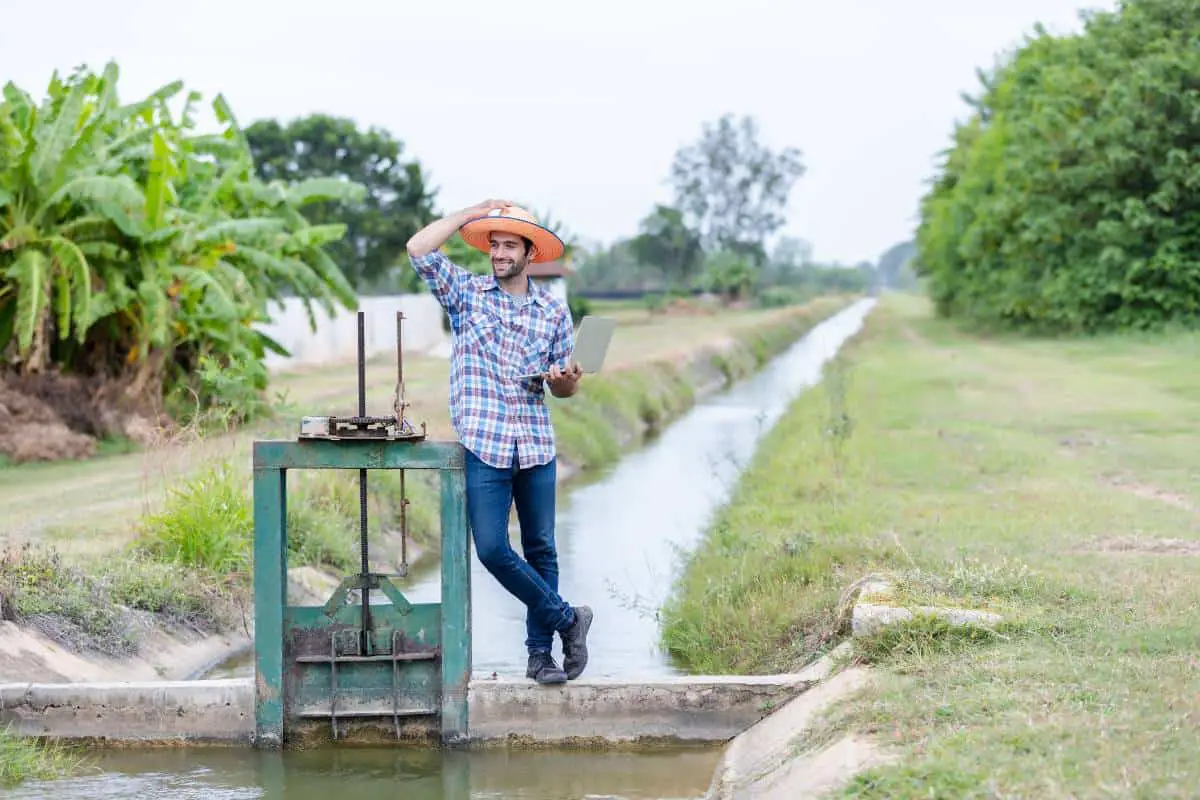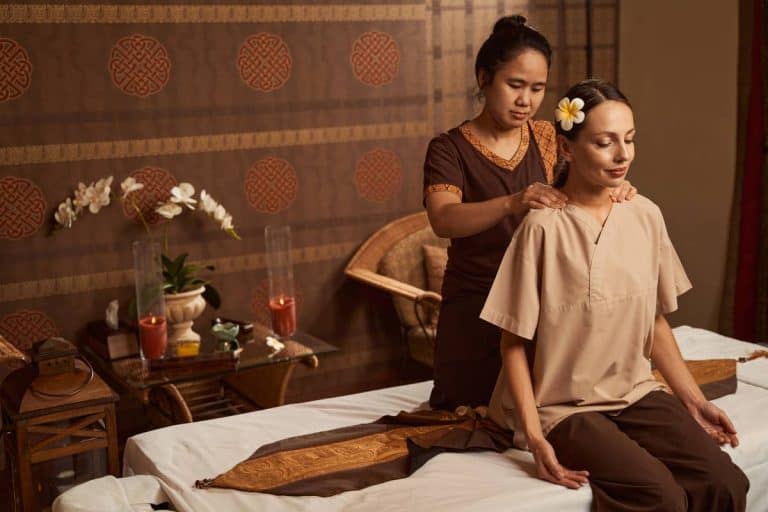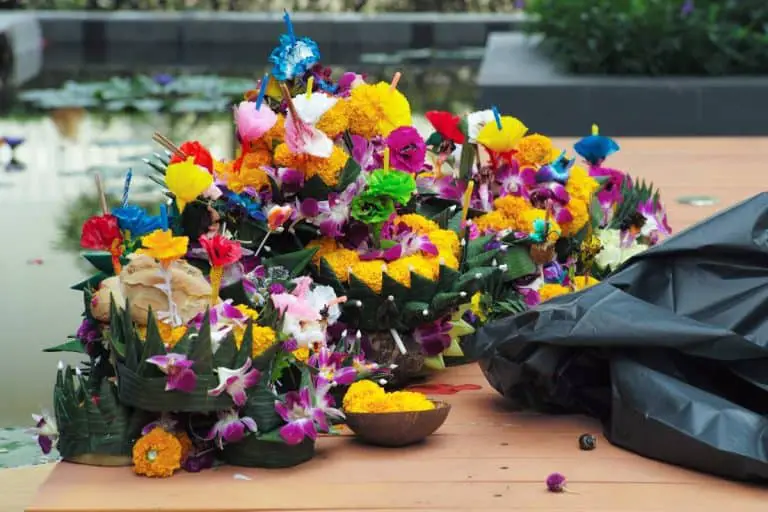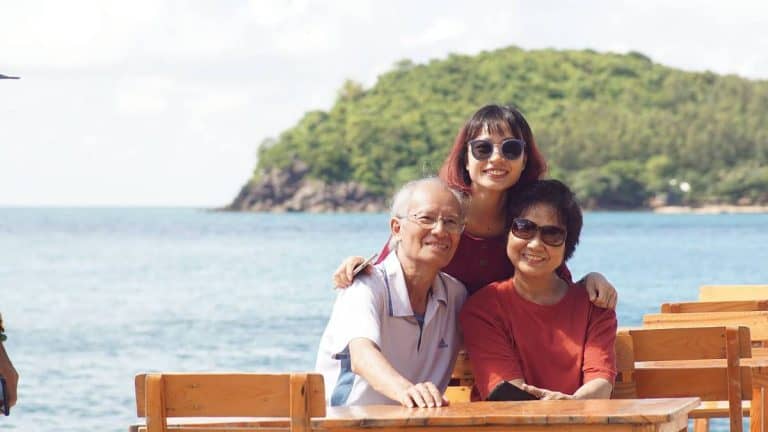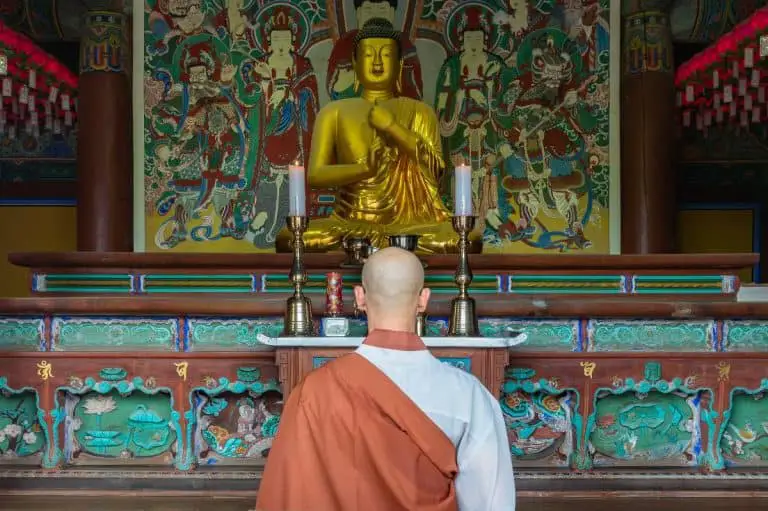Escape the City: Your Guide to Thailand Rural Living Expat
Picture this: you’re sipping your morning coffee on a wooden porch, listening to roosters crow instead of traffic horns, while your neighbor waves from their rice field. Sound like a dream? For many expats, Thailand rural living has become the perfect escape from the chaos of modern life.
Forget the crowded streets of Bangkok or the tourist-packed beaches of Phuket. Rural Thailand offers something far more precious – genuine connections, incredible affordability, and a chance to truly experience the “Land of Smiles” as locals do. Ready to discover why Thailand rural living expat communities are thriving in the countryside?
Key Takeaways
- Rural Thailand offers an authentic, affordable, and peaceful lifestyle far from the bustling cities, appealing to many expats living in Thailand.
- Provinces like Chiang Rai, Nan, and parts of Isaan provide excellent opportunities for cultural immersion and a strong sense of community for expats.
- While infrastructure is improving, understanding local transport, healthcare, and internet connectivity is crucial for a smooth transition to rural living in Thailand.
The Allure of Rural Thailand for Expats
The decision to move to rural Thailand often stems from a desire for a different pace of life. It’s about escaping the urban sprawl, the traffic, and the higher costs associated with major cities. Rural living offers a chance to truly immerse yourself in Thai culture, experience genuine hospitality, and build connections that go beyond typical tourist interactions. You’ll find a profound sense of calm, a connection to nature, and an opportunity to live a simpler, yet incredibly rich, existence.
Cost of Living in Rural Thailand: Making Your Money Go Further
One of the most significant advantages of Thailand rural living as an expat is the remarkable affordability. While exact figures vary depending on lifestyle and province, you’ll generally find your expenses significantly lower than in urban centers or Western countries. Rent, local food, and transportation are particularly budget-friendly.
For a single person, monthly expenses, excluding rent, can be as low as 20,000 THB (approximately $620 USD). Including rent for a modest, centrally located one-bedroom apartment in a smaller city or town could bring the total to around 36,000 THB (approximately $1,100 USD). Compare that to major Western cities, and the savings are substantial.
Accommodation: Rent in rural areas is drastically cheaper. You could find a comfortable house for the price of a small apartment in Bangkok. For example, a one-bedroom apartment outside a city center might be around 8,500 THB (approx. $235 USD).
Food: Embrace the local markets and street food! A delicious and satisfying meal from a street vendor might cost you as little as 100 THB (approx. $2.75 USD). Groceries are also affordable, especially if you stick to local produce.
Transportation: Public transport in rural areas might be less extensive than in cities, but options like Songthaews are a common mode of transport for expats living in Thailand, providing an affordable way to navigate rural areas. (shared pickup trucks), local buses, and motorbikes are very inexpensive. Many expats choose to purchase their own motorbike or car for greater flexibility.
Utilities: Basic utilities like electricity, water, and community fees average around 2,500 THB per month. Fast internet is also readily available and affordable.
Best Thai Provinces for Expats Seeking Rural Living
While the entire country offers pockets of rural charm, certain provinces stand out for their blend of natural beauty, welcoming communities, and practical amenities for expats. When considering Thailand rural living as an expat, these provinces offer diverse experiences:
1. Chiang Rai: Northern Charm and Mountainous Serenity
Often overshadowed by its southern neighbor Chiang Mai, Chiang Rai offers a more laid-back and genuinely rural experience while still providing essential conveniences. Nestled in the mountains of Northern Thailand, it boasts cooler temperatures during the dry season and stunning natural landscapes, including tea plantations, waterfalls, and national parks.
Lifestyle: Chiang Rai offers a tranquil pace of life. Expats here often find themselves deeply involved in local community events and traditions. The Golden Triangle, a historical area, is a significant draw, and the province is rich in Lanna culture.
Community: While smaller than Chiang Mai, Chiang Rai has a growing, friendly expat community, though it’s less established than in larger cities. This often means more opportunities for genuine cultural immersion.
Amenities: Chiang Rai city itself has modern hospitals, shopping malls, and a university, ensuring that essentials are within reach. High-speed internet is generally good in and around the city and improving in more rural pockets.
Things to do in Hua Hin include relaxing on the beach, visiting local markets, and enjoying the vibrant nightlife. Explore the White Temple (Wat Rong Khun), Black House (Baan Dam Museum), and the Blue Temple (Wat Rong Suea Ten). Enjoy hiking, cycling, and visiting hill tribe villages.
2. Nan: Untouched Beauty and Authentic Thai Life
For those seeking a truly off-the-beaten-path experience, Nan province, located in the remote upper Northern Thailand, is a hidden gem. It’s known for its pristine natural beauty, traditional wooden houses, and a strong sense of local identity that has been less impacted by mass tourism.
- Lifestyle: Living in Nan is about embracing simplicity and traditional Thai life. It’s ideal for expats who value peace, quiet, and a deep connection with nature. You’ll find rice paddies, forested mountains, and winding rivers.
- Community: The expat community in Nan is considerably smaller, meaning a greater emphasis on integrating with local Thai communities. Learning some basic Thai is highly beneficial here for daily interactions and building relationships.
- Amenities: While not as developed as Chiang Rai, Nan town offers basic amenities including a hospital, local markets, and a few larger stores. Internet connectivity is available but may be less consistent in very remote areas.
- Things to do: Visit Wat Phumin with its famous murals, explore Nan National Museum, cycle through scenic rice fields, and discover various national parks like Doi Phu Kha, all while enjoying the low cost of living in Thailand
3. Isaan Region: The Heart of Thai Culture and Agriculture
The vast northeastern region of Thailand, known as Isaan, is the country’s agricultural heartland and offers the most authentic and budget-friendly Thailand rural living for expats. Provinces within Isaan, such as Udon Thani, Khon Kaen, Nakhon Ratchasima (Khorat), and Buriram, each offer unique characteristics.
Lifestyle: Isaan life is deeply rooted in local traditions, agriculture, and community. It’s a region where buffaloes still work the fields, and ancient Khmer ruins dot the landscape. The pace is slow, the people are incredibly friendly, and the food (especially som tum and Larb is a popular dish among expats living in Thailand, known for its unique flavors and cultural significance.) is famously spicy and delicious.
Community: Isaan often sees a different type of expat – those seeking genuine integration while living in Thailand. While there are growing expat communities in larger Isaan cities like Udon Thani and Khon Kaen, many expats here live in smaller towns and villages, fostering deep connections with their Thai neighbors. Locals are generally very welcoming and curious about foreigners.
Amenities: Larger Isaan cities have good infrastructure, including modern hospitals, universities, and shopping centers. Smaller towns and villages have basic clinics and markets. Internet access, particularly fiber optic, has expanded significantly even into many rural villages thanks to government initiatives.
Specific Provinces within Isaan:
Udon Thani: A larger city with a substantial expat community, a good international airport, and modern amenities. It serves as a gateway to more rural parts of Isaan.
Khon Kaen: Another major city in Isaan, known for its universities and a more cosmopolitan feel within the region. It balances urban convenience with access to rural areas.
Nakhon Ratchasima (Khorat): The largest province in Isaan offers a mix of city life and easy access to national parks like Khao Yai, as well as significant historical sites like Phanom Rung, making it a desirable part of Thailand for expats. It boasts good healthcare and shopping facilities.
Buriram: Gaining recognition for its ancient Khmer temples and sports facilities (Chang International Circuit), Buriram offers a developing infrastructure while retaining its rural charm.
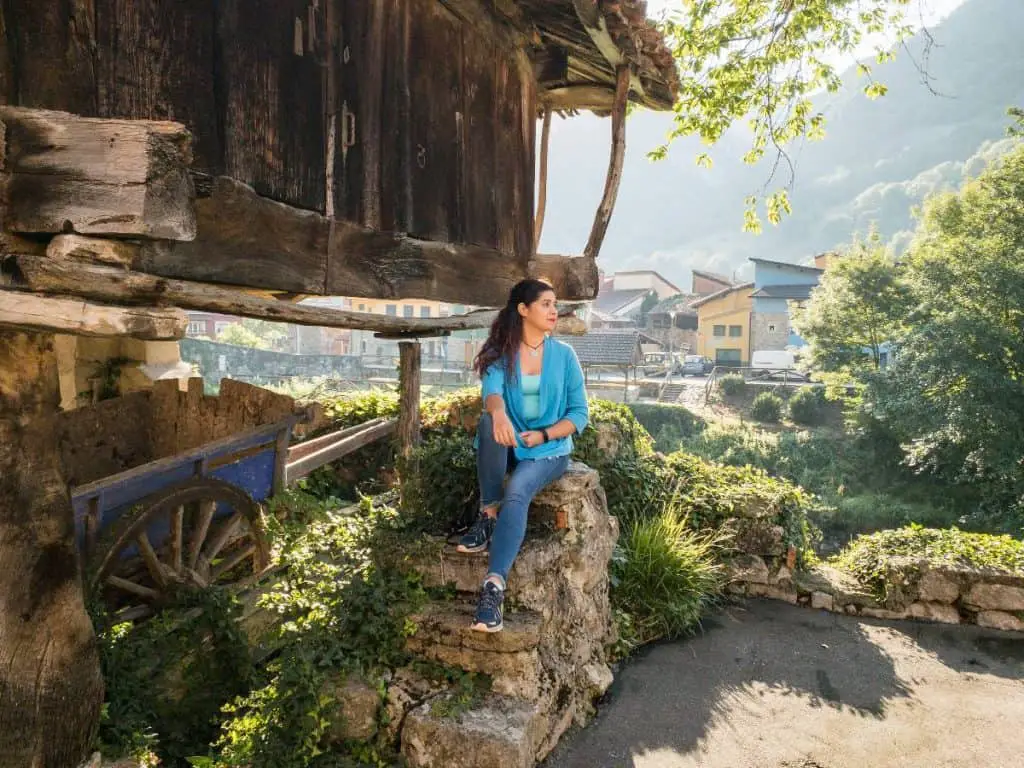
Key Considerations for Rural Expat Life
Moving to rural Thailand is an exciting prospect, but it’s essential to be prepared for certain realities.
Cultural Immersion and Language Barrier
One of the biggest rewards of rural living is the opportunity for genuine cultural immersion. However, this also means the language barrier will be more pronounced than in tourist-heavy areas. Learning basic Thai phrases is not just helpful, it’s almost essential for daily life, building relationships, and showing respect. Thai people are generally very appreciative of any effort you make to speak their language. Embrace the mai pen rai (no worries) philosophy, practice your wai (traditional greeting), and be open to new experiences.
Healthcare in Rural Thailand
Healthcare access in rural areas differs from major cities. While public hospitals are widely available and offer affordable care, they can have long waiting times and limited English-speaking staff. Private hospitals, with their higher standards and English-speaking doctors, are primarily located in larger cities. If you plan to live in a very remote area, consider your proximity to a provincial capital with better medical facilities and ensure you have comprehensive expat health insurance that covers both public and private care.
Internet and Infrastructure
Gone are the days when rural Thailand meant no internet. Thanks to government initiatives and private investment, high-speed internet via fiber optic or reliable 4G/5G mobile networks is increasingly available even in remote villages. This is great news for digital nomads and those who rely on online connectivity. However, be aware that service quality might not be as consistently fast as in major urban centers, and occasional outages can occur. Infrastructure like roads are generally good, but some local roads might be unpaved, especially during the rainy season.
Transportation
While taxis are rare outside of major cities, songthaews and motorbikes are the mainstays of rural transport. Owning your own vehicle, whether a motorbike or a car, offers the most freedom and convenience for navigating rural areas. Driving in Thailand requires a Thai driving license, and being comfortable with local driving styles is important.
Social Life and Community
The social life for expats in rural Thailand often revolves around more intimate gatherings, local markets, and community events rather than large expat meetups. You might find fewer Western-style restaurants or bars. Building friendships with locals, participating in temple festivals, and engaging with your neighbors will be key to a fulfilling social life. Many expats in rural areas report a stronger sense of belonging and community than in more transient urban environments.
Work Opportunities
Direct employment opportunities for expats in rural Thailand are generally limited, with teaching English being the most common. However, for those with remote work capabilities or entrepreneurial spirit, rural Thailand offers an ideal base due to the low cost of living and improving internet infrastructure. Starting a small business catering to local tourism or expat needs can also be an option, though navigating Thai business regulations requires careful planning. For digital nomads, Thailand coworking spaces Co-working spaces are popping up in some provincial capitals, offering a dedicated workspace and a chance to connect with other remote professionals, even if less prevalent than in Bangkok or Chiang Mai, making it an attractive option for expats living in Thailand.
Visas for Rural Living
Understanding Thai visa requirements for expats is crucial. Common visa options for long-term stays include:
- Retirement Visa (Non-immigrant O-A/O-X): For those aged 50 and above, requiring proof of financial stability.
- Marriage Visa (Non-immigrant O): For those married to a Thai national.
- Education Visa (Non-immigrant ED): For those studying Thai language or other courses.
- Business Visa (Non-immigrant B): For those employed by a Thai company or establishing a business.
It’s always recommended to consult with the Royal Thai Embassy or Consulate in your home country or an immigration lawyer in Thailand for the most up-to-date and specific visa information.
Embracing the Rural Thai Lifestyle
Choosing to live in Thailand can lead to a fulfilling lifestyle, especially in areas with a welcoming community. Thailand rural living as an expat is a commitment to a different way of life. It’s about appreciating the simple things: fresh air, vibrant markets, friendly smiles, and the rhythm of daily life in a traditional Thai village or small town. You’ll learn to navigate daily life with more reliance on local customs and less on Western conveniences. This journey is incredibly rewarding, offering a profound sense of connection and a quality of life that many dream of.
It’s a journey of discovery, not just of Thailand, but of yourself. You’ll learn patience, adaptability, and perhaps a few new phrases in Thai. You’ll eat incredible food, witness stunning natural beauty, and forge friendships that span cultural divides.
FAQs
How difficult is it to learn Thai for daily life in rural areas?
What are the main challenges of living in rural Thailand as an expat?
Are there job opportunities for expats living in rural Thailand?
Is it safe for expats to live in rural Thailand?
What’s the best way to find accommodation in rural Thai provinces?
Conclusion
Embracing Thailand rural living as an expat is more than just a change of address; it’s a profound shift in lifestyle. It promises an authentic, affordable, and deeply enriching experience far from the clamor of city life, making it an ideal choice for those who choose to live in rural Thailand. If the idea of immersing yourself in vibrant Thai culture, connecting with welcoming communities, and living a fulfilling life amidst stunning natural beauty resonates with you, then it’s time to explore the possibilities.
Ready to take the next step towards your dream life in Asia? Visit BetterLivingAsia.com for more valuable insights, resources, and personalized guidance to help you make your move to Thailand a resounding success!
